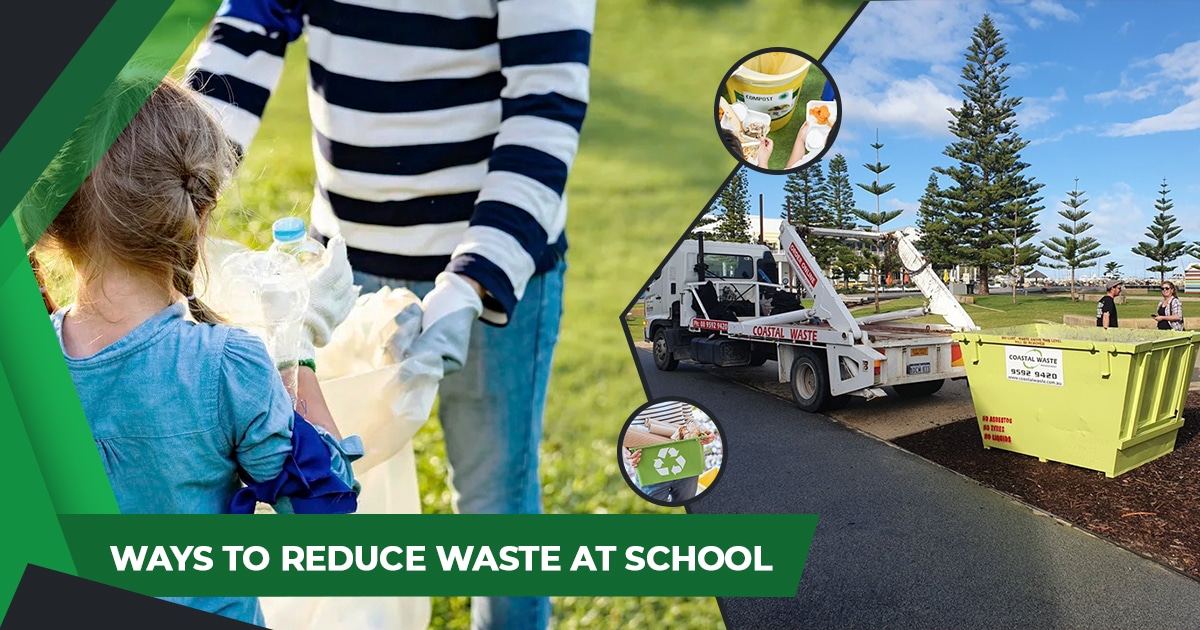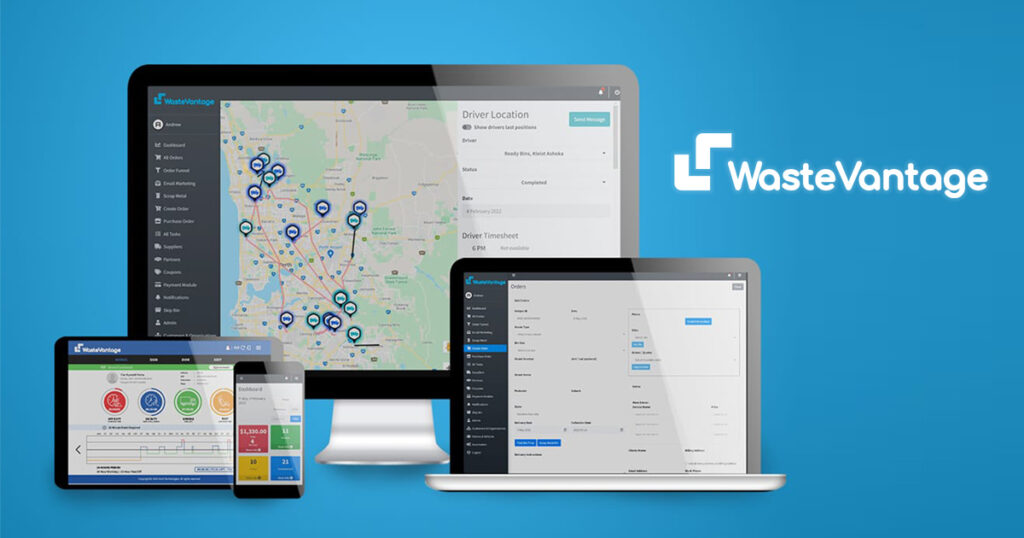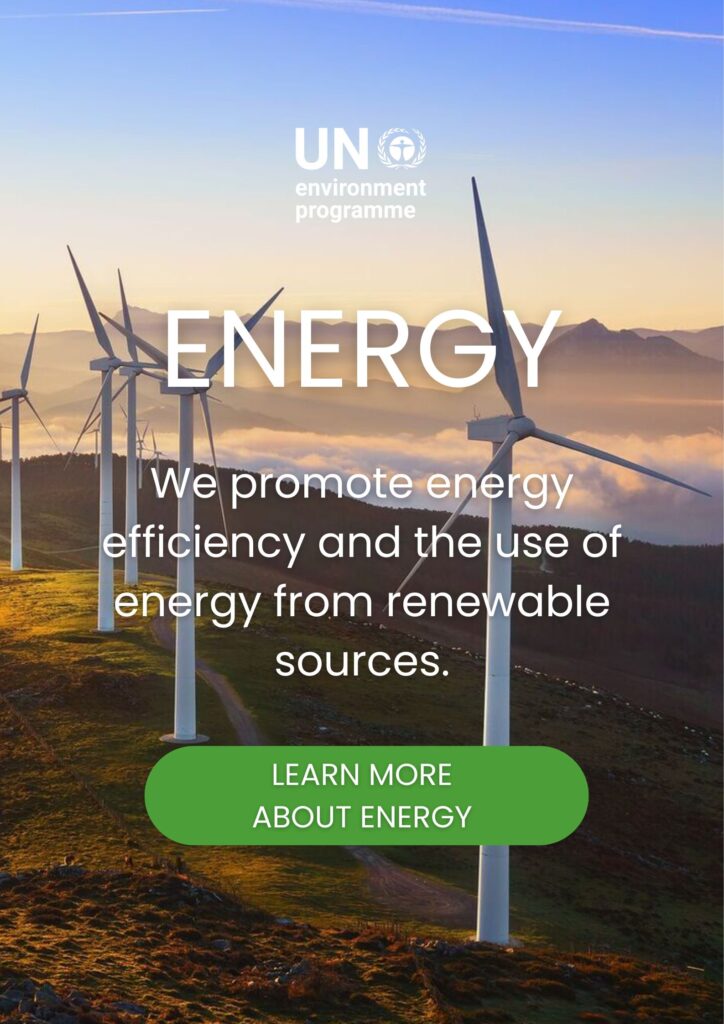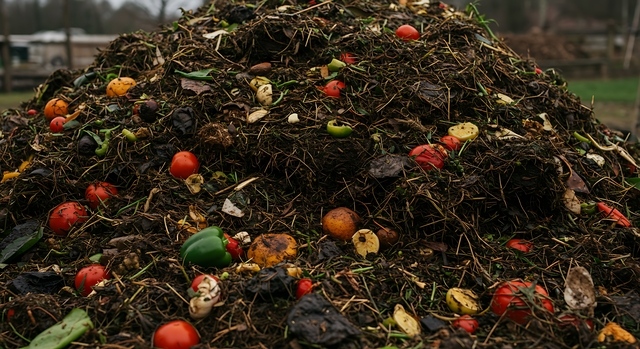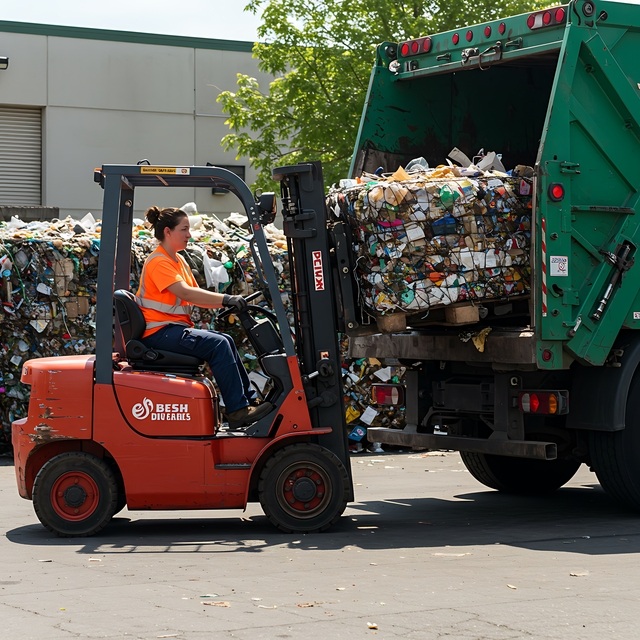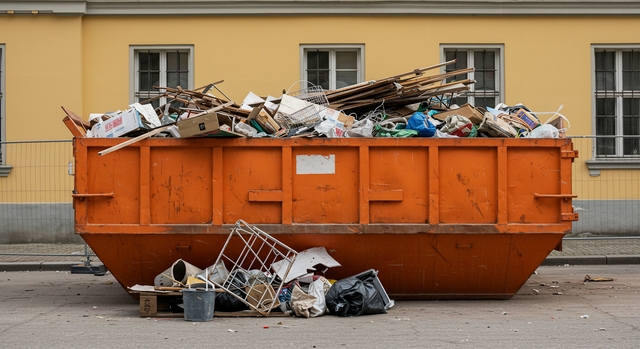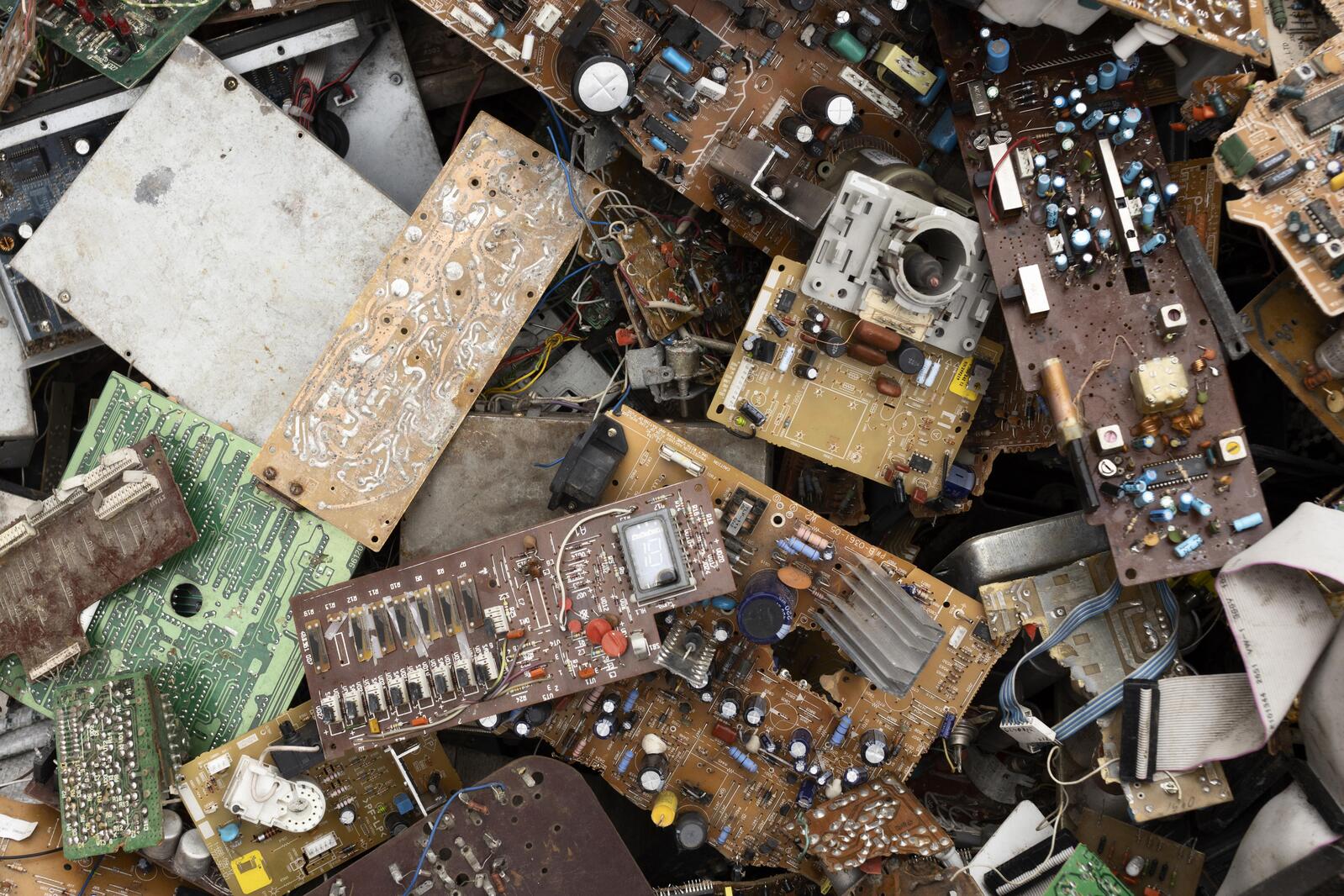Waste Technology Australia: AI and Smart Rubbish Systems
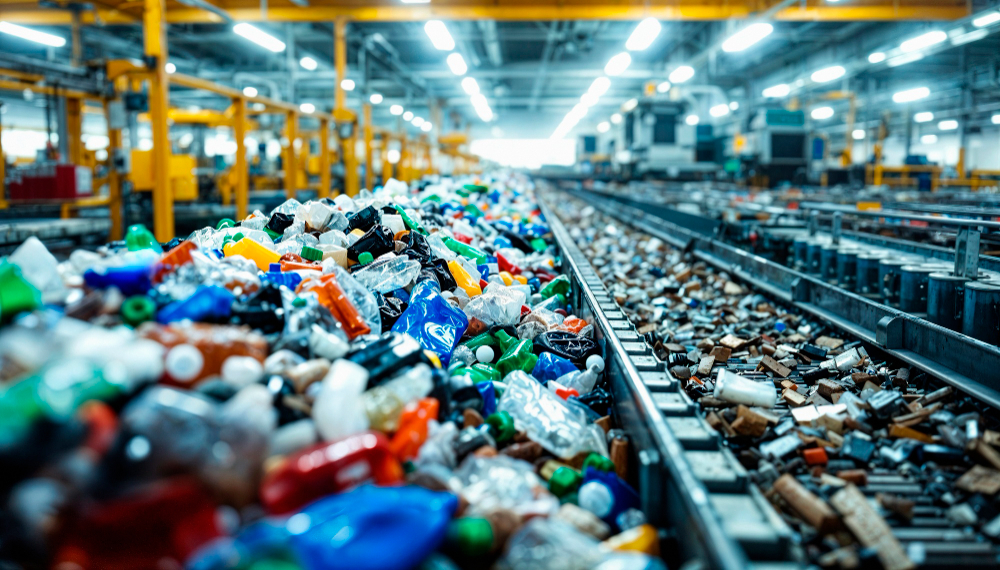
Australia has always been proactive in looking for better ways to manage waste, but in recent years the conversation has shifted towards smarter and more efficient methods. With population growth, increasing urbanisation, and the rise of environmental awareness, the demand for innovative solutions has never been stronger. This is where waste technology Australia is playing a transformative role. From artificial intelligence to sensor-driven bins, advanced recycling systems, and data-based decision making, new technologies are changing how rubbish is collected, processed, and reused across the country.
In this article, we explore how Australia is leading the way in modern waste management by adopting advanced technologies. We will look at the role of AI in smart waste collection, how recycling innovations are helping reduce landfill pressure, and why waste technology is central to Australia’s sustainability future.
The Rise of Waste Technology in Australia
The global waste crisis has highlighted the urgent need for solutions that go beyond traditional collection and disposal. In Australia, waste technology has evolved into a cornerstone of environmental policy and urban planning. Councils and private waste management companies are adopting smart waste collection tools that reduce costs and improve efficiency.
For example, AI-powered route optimisation systems are helping rubbish trucks cut down fuel usage by avoiding unnecessary trips. Similarly, smart bins fitted with sensors are becoming more common in cities like Sydney and Melbourne. These bins alert collection services when they are full, preventing overflow while also reducing unnecessary pickups.
The adoption of waste technology Australia wide reflects a national commitment to combining environmental responsibility with operational efficiency.
How AI Is Driving Smarter Waste Collection
Artificial intelligence is no longer a futuristic idea. In waste management, AI is being used to make sense of huge amounts of data and improve day-to-day operations. For instance, AI-powered recycling machines can now identify and separate plastics, metals, and paper faster and more accurately than human workers.
When integrated into smart waste collection, AI helps councils and companies decide the best collection times, allocate resources efficiently, and even predict waste generation patterns based on season or location. This reduces costs, lowers emissions, and improves service delivery.
A good example comes from trials in South Australia where AI-driven waste sorting machines achieved recycling rates significantly higher than manual sorting. These results demonstrate why AI recycling solutions are becoming a vital part of Australia’s waste technology ecosystem.
Smart Bins and Sensor-Driven Systems
One of the most visible signs of modern waste technology in Australia is the rise of smart bins. These are no ordinary bins, they come equipped with sensors that monitor fill levels, temperature, and even contamination.
- Fill level sensors notify waste collection teams when bins are ready to be emptied.
- Temperature sensors can detect potential fire hazards, especially in industrial areas.
- Contamination detection helps improve recycling rates by alerting operators to incorrectly disposed items.
In cities where smart bins are installed, councils report cleaner streets, fewer overflowing bins, and reduced operational costs. These are exactly the kinds of improvements that waste technology promises, making rubbish collection more efficient and environmentally friendly.
Recycling Innovations Through Technology
Recycling has long been a challenge in Australia, with contamination and sorting issues limiting efficiency. However, waste technology Australia is helping change this. Modern recycling facilities are now equipped with AI-powered conveyor belts that automatically detect and separate recyclables.
Machine vision systems, powered by AI, are able to distinguish between different types of plastics, metals, and paper at incredible speeds. These systems are more accurate than manual sorting, which means more material is successfully recycled instead of being sent to landfill.
There are also pilot projects exploring robotics in recycling plants, where robotic arms powered by machine learning handle materials that are too complex or hazardous for humans. These innovations are helping Australia reduce landfill dependence and move closer to a circular economy.
Data-Driven Waste Management
A major strength of modern waste technology in Australia is the ability to use data for decision making. By collecting data from bins, trucks, and recycling facilities, councils and private operators can plan better waste collection schedules, improve recycling education campaigns, and reduce inefficiencies.
For example, when a city has real-time data showing where recycling contamination is most common, targeted awareness programs can be run in those areas. This leads to cleaner recycling streams and better environmental outcomes.
Data also helps businesses reduce waste at the source. Retail chains, for instance, can use predictive analytics to adjust supply chains and minimise food waste, which remains one of Australia’s largest waste streams.
Environmental and Economic Benefits of Waste Technology
The benefits of adopting modern waste technology are twofold, they help the environment while also saving money.
Environmental Benefits:
- Reduced carbon emissions from optimised rubbish collection routes
- Less waste going to landfill due to improved recycling efficiency
- Cleaner public spaces thanks to smart bins
- Improved monitoring of hazardous waste and potential pollution risks
Economic Benefits:
- Lower fuel and labour costs through smart scheduling
- Reduced penalties from contamination in recycling streams
- Better resource recovery, allowing businesses to sell recycled materials
- Increased efficiency for councils and private operators
By combining environmental responsibility with cost-effectiveness, waste technology Australia has become an essential part of the national sustainability agenda.
Challenges in Adopting Waste Technology
Despite the progress, there are still challenges. Technology adoption often requires significant investment, and smaller councils may struggle with upfront costs. There are also concerns about data privacy when using AI and sensor-based systems.
Another challenge is public behaviour. Even the most advanced recycling system will struggle if households and businesses fail to sort their waste correctly. Education campaigns and community engagement remain crucial alongside technological investment.
The Future of Waste Technology in Australia
Looking ahead, the future of waste technology in Australia is promising. Emerging trends include:
- AI-powered predictive modelling for long-term waste management strategies
- Blockchain for recycling tracking, ensuring transparency and accountability
- Robotics in recycling plants to improve worker safety and speed
- Internet of Things (IoT) in waste management to create fully connected, data-driven waste ecosystems
Australia’s commitment to sustainability means investment in these technologies will likely grow in the coming years. With more councils adopting AI, smart bins, and data systems, the nation is positioning itself as a global leader in waste technology.
Conclusion
The waste sector in Australia is undergoing a major transformation. With waste technology Australia at the centre of this change, councils, businesses, and households are seeing the benefits of AI, smart bins, advanced recycling, and data-driven solutions.
From improving efficiency to reducing environmental impact, these technologies are reshaping how rubbish is collected, processed, and reused. While challenges remain, the progress already made shows that Australia is on the right path towards a cleaner and smarter future.
As we move into 2025 and beyond, embracing new technologies in waste management will not only make economic sense but also ensure Australia continues to lead in sustainability efforts.




